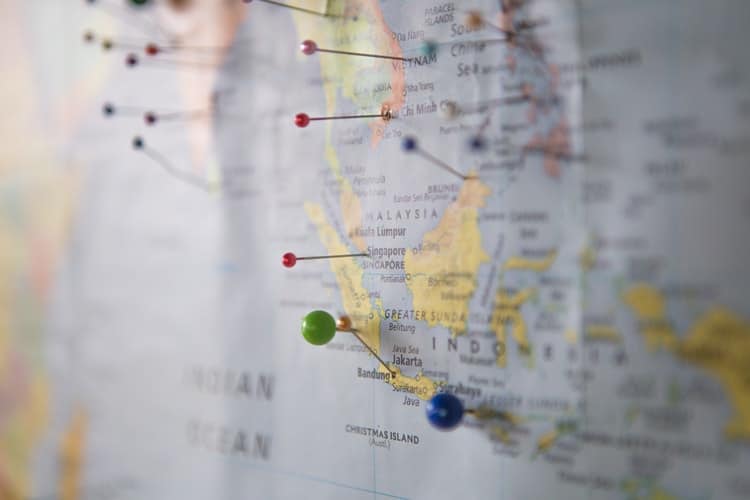In 1971, a pseudo-autobiography was published under the name Luke Rhinehart. The book, which was called The Dice Man, gradually became a cult classic. It follows the fictional Rhinehart, a psychiatrist from New York, as he decides to undergo a life-changing experiment—every choice he makes is dictated by the throw of a die.
The book was written as an experiment in psychoanalysis and it (eventually) caught the public mood. Some high-profile individuals even decided to give dicing a go. Richard Branson claims to have done it for a day but gave up because he thought it was too risky. Another entrepreneur called Jeremy King took it a step further, opening a series of restaurants based on the throw of a die.
It’s an interesting idea and, as Branson rightly says, can be extremely dangerous—but I’ve always seen a flaw in the concept. First of all, you have to assign a totally random value to each of the six numbers on the die. Plus many influential factors come into play that dictate the outcome of your decisions and life situation, including your personality, your mood at the time, and the environment you’re in.
Professional dicing

Let’s imagine for a minute that you try to extend your professional network using the dicing concept. You work in the energy sector at an executive level. Your choices are:
- Attend a networking event you know important people are at
- Sign up for a master’s program at a well-connected college
- Email Bill Gates and ask him to dinner
- Start a community of energy professionals
- Set up a LinkedIn account
- Stop people on the street and ask them to connect
Many of those options are entirely dependent upon your current situation. While it may feel like you’re playing with luck, hundreds, if not thousands, of life choices have brought you to that moment to have those options.
Reimagining networking

This is because of something called network effects, and it represents a more powerful force than you may think. As the article says:
What city you live in. Who you date or marry. Which job you choose. What clothes you wear. We all think we make these choices ourselves. It certainly feels like we’re in full control. But it turns out that our choices are more constrained than we think.
According to the article, the vast majority of the situations we find ourselves in are dictated by seven life “crossroads.” They are:
- What Family You’re Born Into
- High School Network
- College Network
- First Job
- Marriage/Partner
- Where You Live
- Reassessments
The decision you make at any of those pivotal moments of your life is going to radically change the outcome of where you end up. And we’re talking in every sense: personal life, professional life, what hobbies you like, what places you travel to.
Using the network effect as a strategy

Understanding the network effect to make better decisions in your personal and professional life was the ultimate point of the NFX article. You can of course use it that way—but I think the concept helps explain how some businesses are better able to connect with their customers than others. As the article mentions, where a person lives can have a massive impact on the choices they make.
You can see this with clothes: the style in Paris is far removed from that in Dublin. You can see this with humor: what a person from Madrid finds funny, someone from Amsterdam may not. You can see this in food: what goes down well in Stockholm might be reviled in Milan. The internal networks that are at play within these cities produce nuances that can be exploited by the savvy.
Tapping into the network

The network effect is the reason that localization is such an effective strategy for connecting with your customers. What you’re essentially doing is tapping into the regional networks that already exist: whether city-wide or country-wide.
Without a localized strategy in place, you are basically throwing the dice and hoping your content will connect with the right network. By doing this, you are fighting against the forces that influence each of our lives instead of using them to your advantage.
Ignoring these cultural forces that influence decisions is why Starbucks managed to fail in coffee-obsessed Australia, why Walmart had a frosty reception in Germany and why Home Depot failed to inspire a DIY craze in China.
So no, your network is not a product of luck – but neither is your customer’s. If you make the mistake of thinking your communication will connect with everyone across cultures and markets, you are ignoring the same force that dictates the situations you find yourself in on a daily basis.

